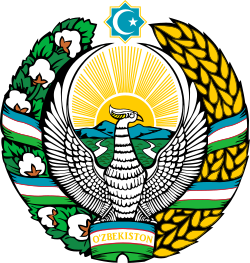Innovative and Impactful Programs in Energy and Climate Change
TSUULL persistantly strives for establishing one of the points of networks on clean energy and climate change. Its goal is to advance innovative solutions to address climate change, to promote clean, novel, ambitious energy system transitions and to find more sustainable ways to live either on or off campus.
In acting towards its sustainable goals, TSUULL facilitates several programs and initiatives. To efficiently accomplish the set goals, TSUULL adheres to its Climate and Energy Action Plan. Within the framework of the Action Plan, TSUULL has mounted solar cells on all buildings' rooftops which to date generate electricity in the amount that meets the 150% of its demand. As a result, the university as well retails excessive energy equal to UZS 100 mln to local electric network enterprises.
Moreover, University Sustainability Practices Office coordinates the drip-crop watering method to water trees and plants in the fieldin Akkurgan campus, in which the water pumps are powered by solar energy.



In terms of Actions on Climate Change, TSUULL Annual Green Space Program promotes creating green space by planting a large amount of trees annually on, around and nearby Campuses. The Green Space Movement began its activity on Main Campus of the university in 2020 and has expanded to all university belonging premises. To date, the Project has planted over 2,000 trees and keeps doing so until it reaches 30,000. The Project was inspired by the rector, Sh.S Samariddinov and all university staff including himself voluntarily contributes to the goal of the project every season of year.
To educate nation on Climate change Threads and how to combat its negative affects, TSUULL also facilitates lecture series on Waste Management in the local and regional context. Every Fall Semester TSUULL helds Waste Management courses open to public inviting national and regional experts of the field. The course thouroughly teaches and trains participants to be able to sort waste out into different categories, how to treat them, in particular waste containing hazardous materials and chemicals aka toxic. Participants are often offered to voluntarily take part in large cleanup operations to help environment.







